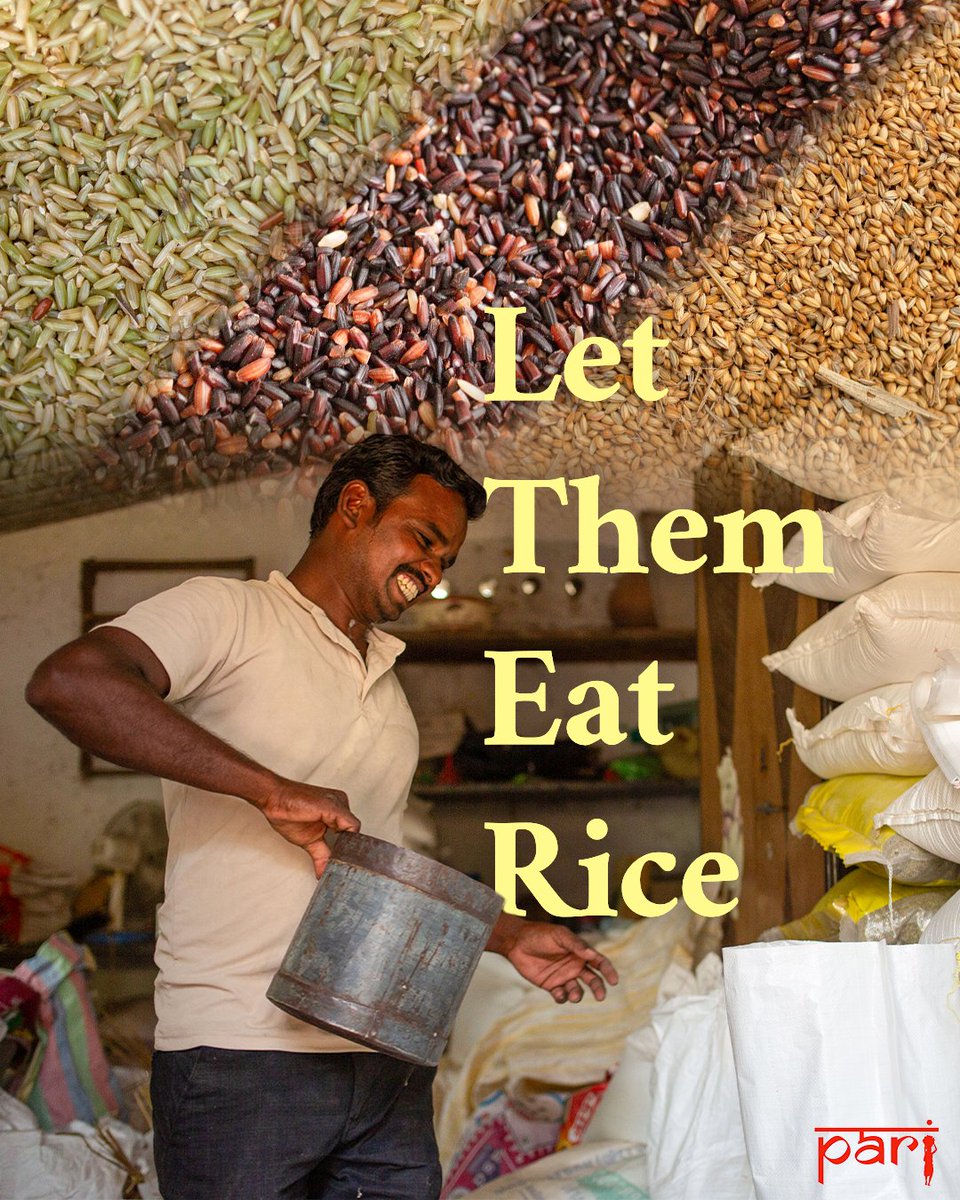This report by the Ministry ofMinority Affairs lists the steps taken by the govt to implement the recommendations of the #SacharCommitteeReport till Nov 30,2018. It also provides info about the extent to which these recommendations have been implemented. bit.ly/360UhRs
In 2005, PM Manmohan Singh appointed an independent committee,chaired by Justice R.Sachar to gauge if Muslims were under-represented in govt departments and other spheres. It collected & analysed data on the social, economic & educational status of the Muslim community in India.
It was presented in #Parliament on November 30, 2006, and the government took several decisions based on the Committee’s recommendations on August 31, 2007. Of the Committee’s 76 recommendations, the government accepted 72, did not accept three, and deferred one.
Subsequently,the govt passed 43 decisions related to #education, skill development,#credit access, spl development initiatives, measures for affirmative action, the development of waqf properties, the Communal Violence (Prevention) Bill & sensitising govt employees, among others.
In 2016-17, the #SarvaShikshaAbhiyan had a total budget of Rs. 72,949.01 crores. Of this, Rs. 14,328.05 crores was for #minorities, but only Rs. 7,005.68 crores was spent.
To improve Muslim girls’ participation in #education, the Sachar Committee had recommended setting up residential Kasturba Gandhi Balika Vidyalayas (upper primary schools for girls from SCs, STs, OBC & minority communities) in ‘educationally backward’ blocks.
Till September 30, 2018, 835 such #schools were sanctioned in 88 districts with a high Muslim population in 18 states/union territories. Of these, 576 were operational but only 21.21 per cent of the enrolled students were #Muslim.
The Sachar Committee had suggested that new Jan Shikshan Sansthans (JSSs), which provide vocational training to non-literates, neo-literatesand school dropouts, be set up in districts with a high Muslim population.
This implementation report says that JSSs are imparting training in 33 of the 88 ‘Muslim-concentration’ districts in the country, but no new JSSs have been set up since 2014-15.
The Committee advised the UGC to set up women’s #hostels in colleges & universities in areas with a high Muslim concentration. 285 such hostels were sanctioned in 90 districts during the 11th FYP.
In 2016-17, 238 out of total of 1,172 women’s hostels in the country were sanctioned in minority-concentration districts, but there were none sanctioned in 2017-18 or 2018-19.
Between 2005 and 2017, 12,842 minority #education institute certificates were given to madrasas, making their secondary and senior secondary qualifications equivalent to those of the Central Board of Secondary Education (CBSE).
To help modernise madrasas, the Scheme of Providing Quality Education in Madarsas & the Infrastructure Development of Minority Institutions scheme were set up in 2006-07. In 2017-18, Rs. 77.60 crores was released to assist 4,720 madarsas & 12,518 teachers.
To promote microfinance among women, the Dept of Financial Services opened over 7.93 lakh accounts for minority women, giving them access to cumulative microcredit of Rs. 8,985 crores in 2017-18. In 2018-19 over 7.10 lakh accounts had been opened.
A prog. providing basic amenities & employment opportunities in 90 minority-concentration districts was launched in 2008-09. The projects included construction of houses, health centres, drinking water facilities, anganwadis, schools, colleges, additional classrooms and hostels.
An inter-ministerial task force was constituted under the Planning Commission to address problems related to civic amenities, infrastructure and economic opportunities.
This task force identified 338 towns/cities with a substantial #minority population (of which 251 were ‘backward’) and advised the government departments and ministries to address the #health, #educational and civic needs of these towns/cities.
In 2007, an expert group was set up to determine the structure and function of the Equal Opportunity Commission which would develop mechanisms for affirmative action.
Based on this report the Cabinet in 2014 approved the setting up of the Equal Opportunity Commission through an Act of Parliament. However, the Modi government asked the Cabinet to withdraw its approval.
The #Communal #Violence (Prevention, Control and Rehabilitation of Victims) Bill, 2005, to develop mechanisms for the compensation and rehabilitation of riot victims, was introduced in the #RajyaSabha in 2005, but not taken up for consideration.
Instead, the Prevention of #Communal #Violence (Access to Justice and Reparations) Bill, 2013 was prepared and approved by the Cabinet in 2013. This bill came up for discussion in the Rajya Sabha in 2014 but was deferred.
The #SacharCommittee had recommended posting #Muslim police personnel in thanas & Muslim health personnel & teachers in Muslim-concentration areas. However, the Muslim police personnel in 18 states/union territories decreased from 3.6% to 2.09% between June and December 2017.
The Committee also advised state governments to improve the representation of #minorities in #urban and #rural local bodies. bit.ly/360UhRs
• • •
Missing some Tweet in this thread? You can try to
force a refresh






















